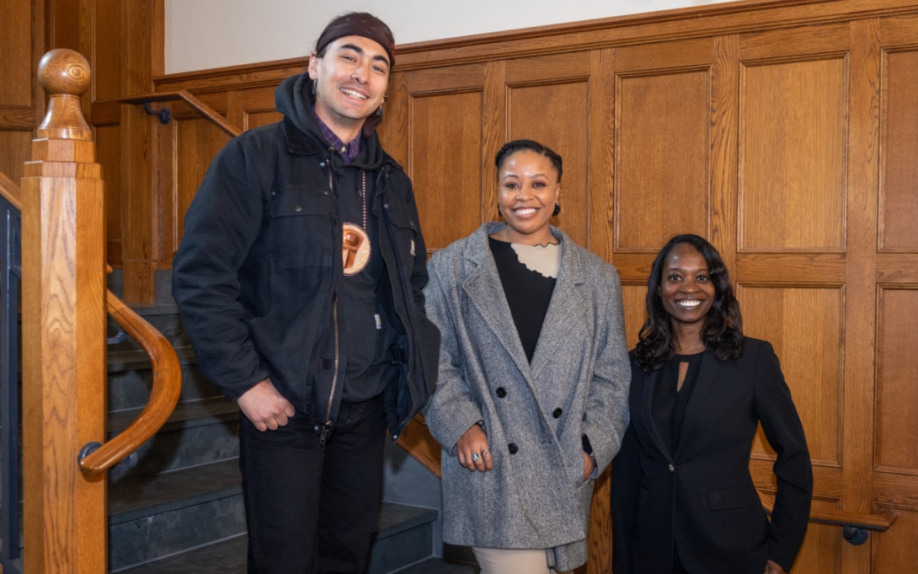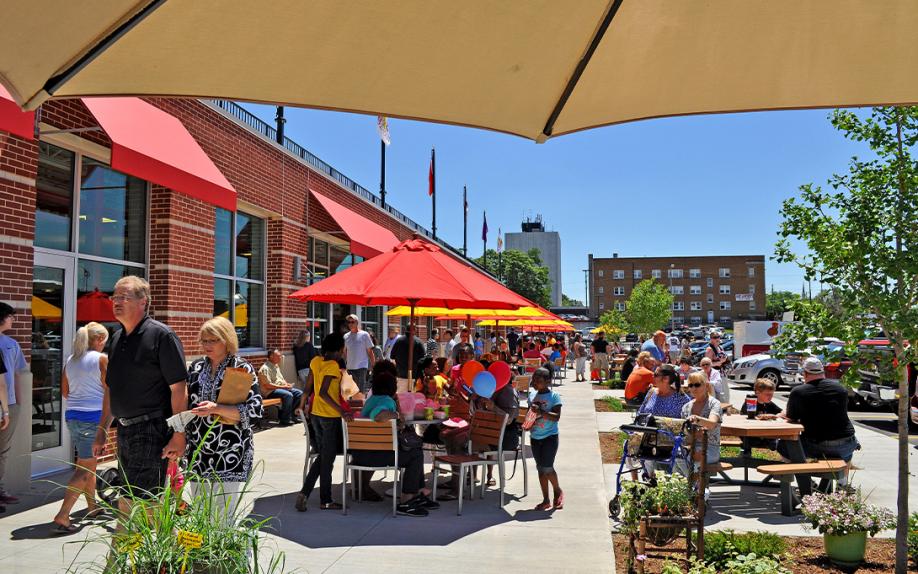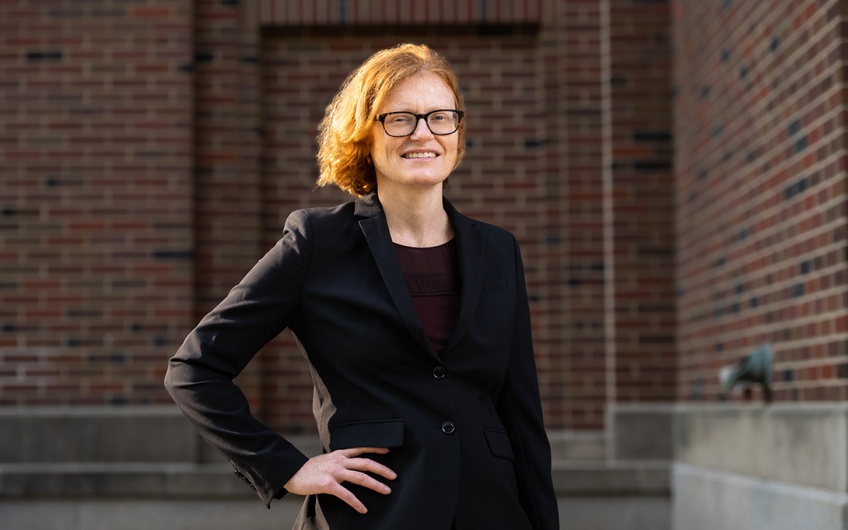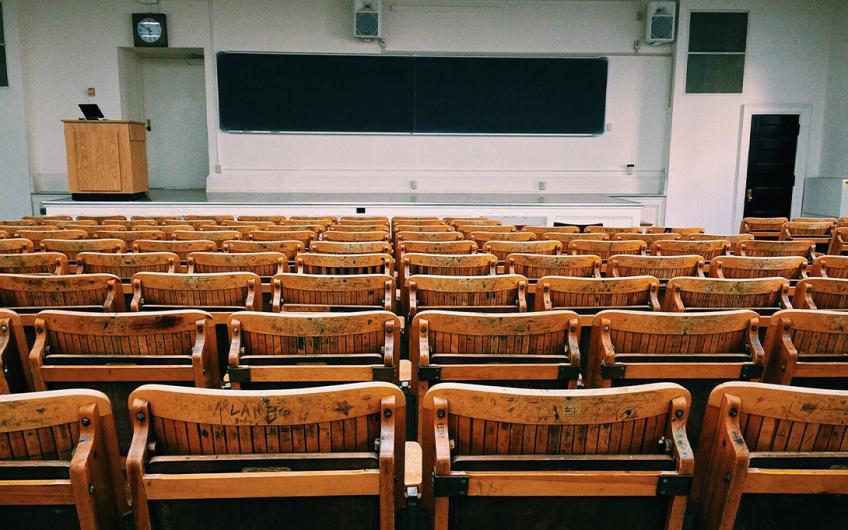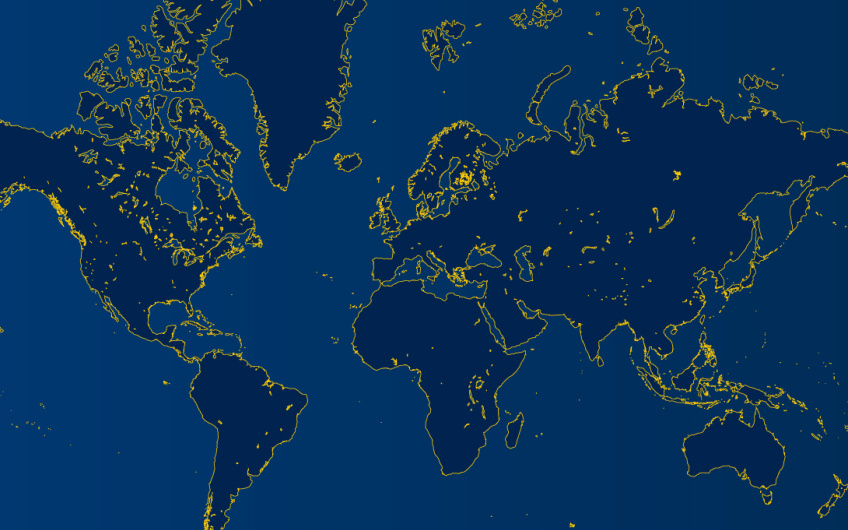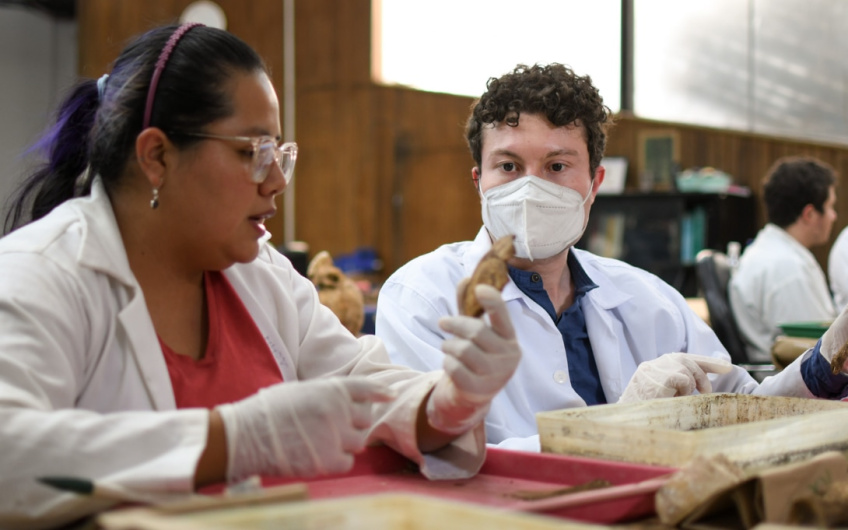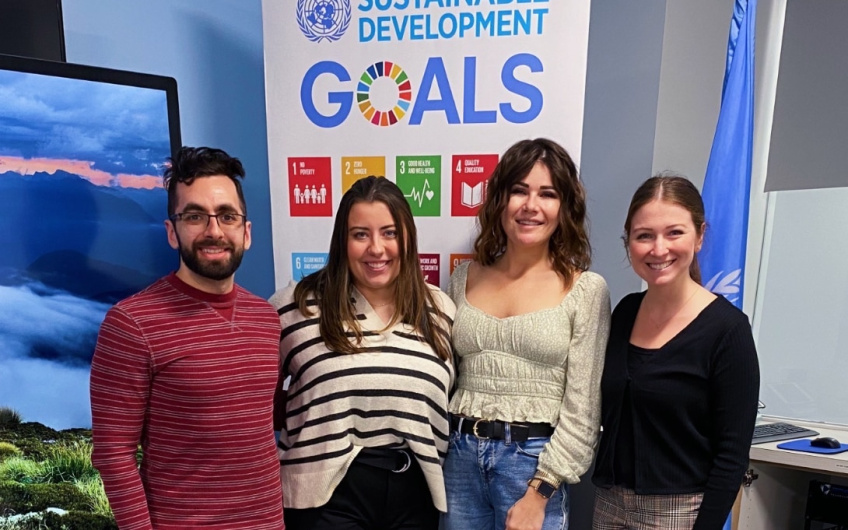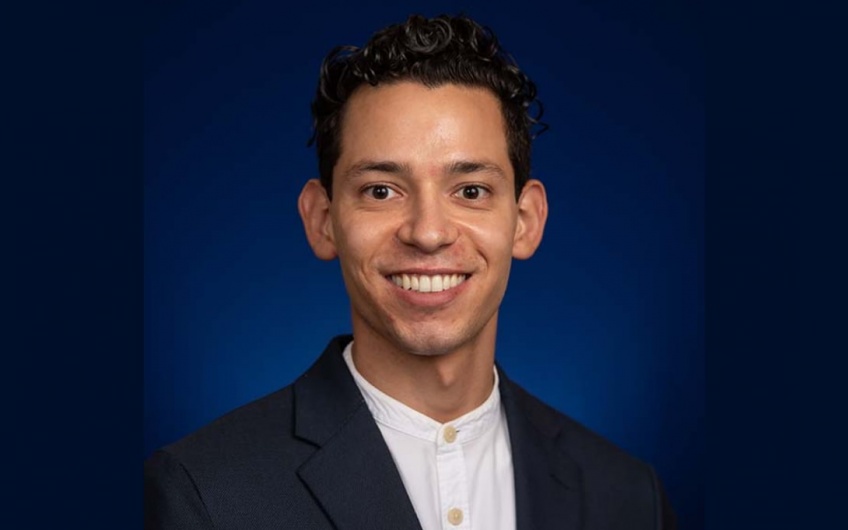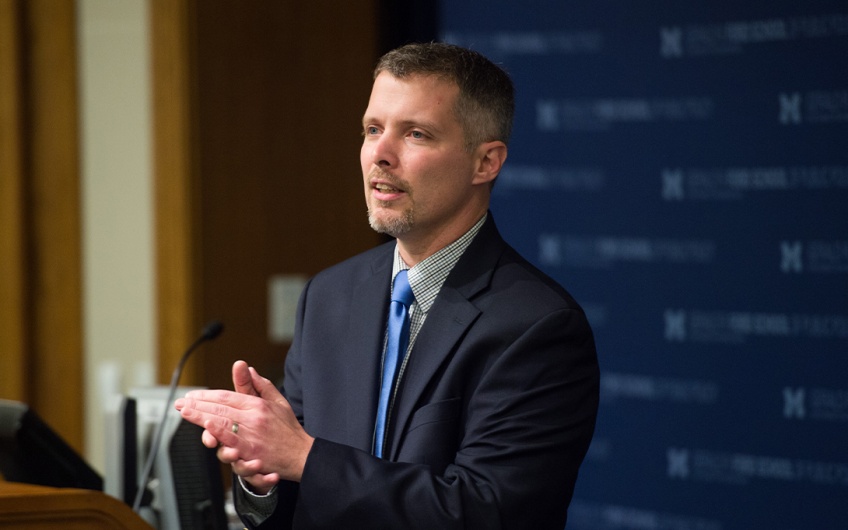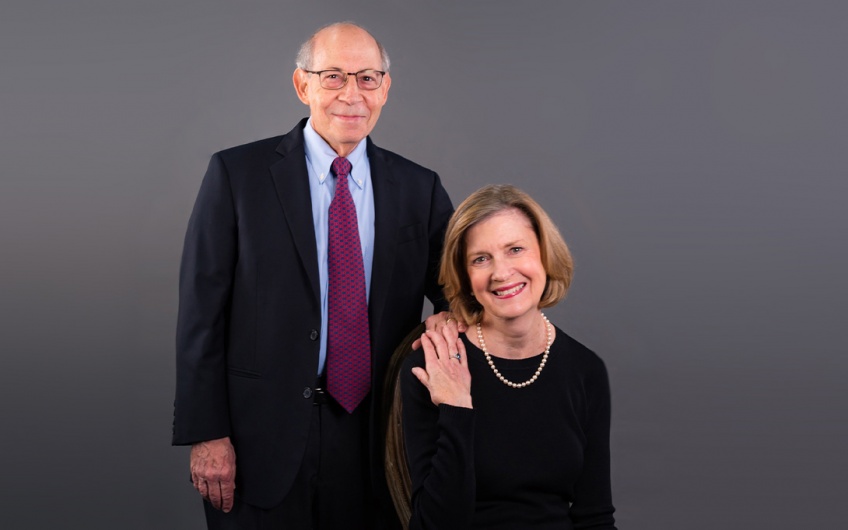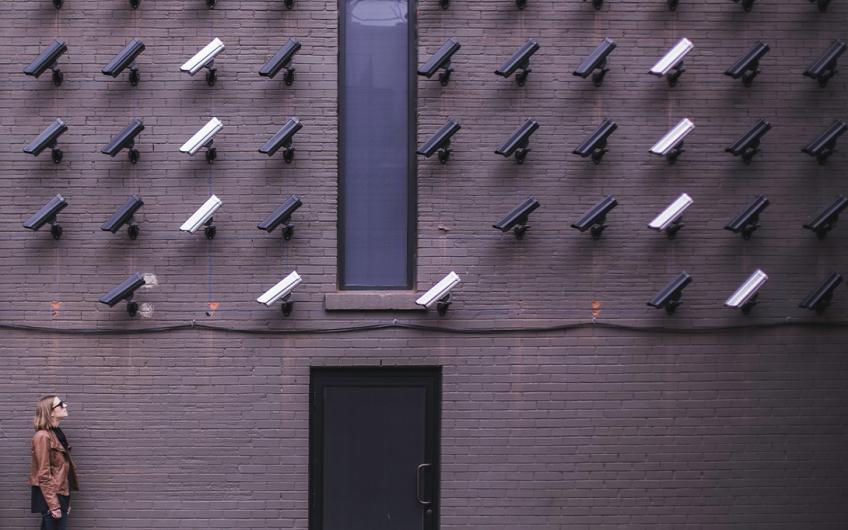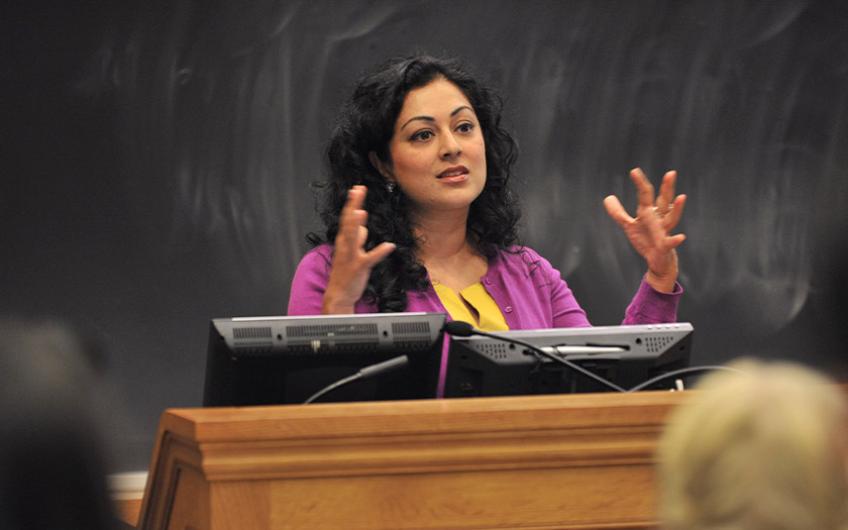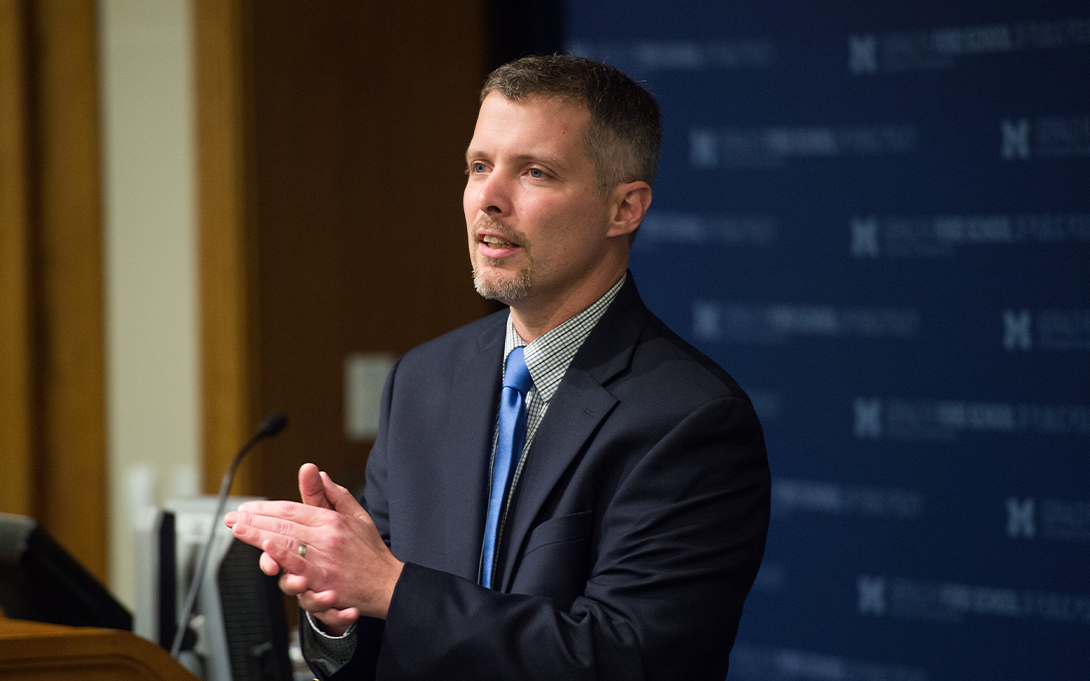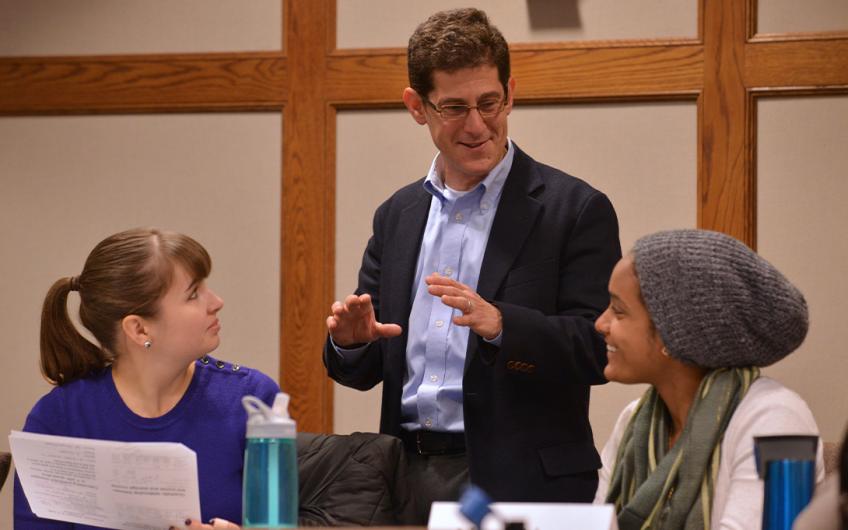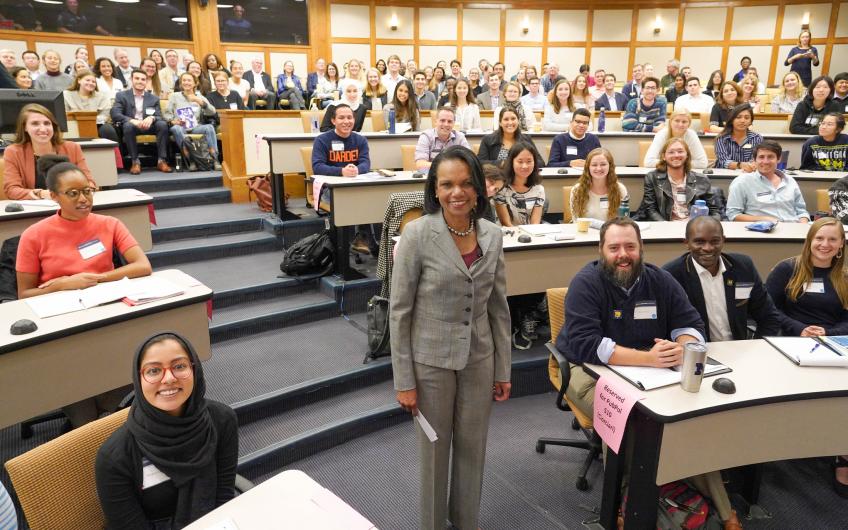Center for Racial Justice
The Center for Racial Justice seeks to explore, analyze, and understand how public policies have undermined or advanced the goal of racial equity, illuminating evidence-based solutions and supporting the changemakers who advocate for sound, just, and fair public policies day in and day out. The Center for Racial Justice is a space for all who seek to make positive and lasting changes in our shared society toward just futures for all. The center organizes speakers and event series that foster intellectual engagement and supports student programming and research aimed at advancing racial justice within public policy. Through these initiatives, we develop new tools and strategies in the pursuit of racial justice, resulting in better, evidence-based policy solutions and the cultivation of the next generation of high-impact leaders and thinkers.
Center for Local, State and Urban Policy (CLOSUP)
The Center for Local, State, and Urban Policy (CLOSUP) conducts, supports and fosters applied academic research to inform local, state, and urban policy issues. One of the Center's key programs is the Michigan Public Policy Survey (MPPS), the nation's only ongoing census-style survey of every unit of general purpose local government across an entire state. Across all of its activities, the Center functions as an information resource for policymakers and practitioners, academics, students, the media, and the public.
CLOSUP works to foster effective communication between academic researchers, stakeholders, and the policymakers dealing with today's state, local, and urban policy problems. The center also facilitates student engagement with today’s critical policy issues through its CLOSUP in the Classroom Initiative, integrating Ford School students as policy analysts in the center's research activities, bringing the center's findings into the classroom, and supporting student internships with organizations focused on state and local policy.
